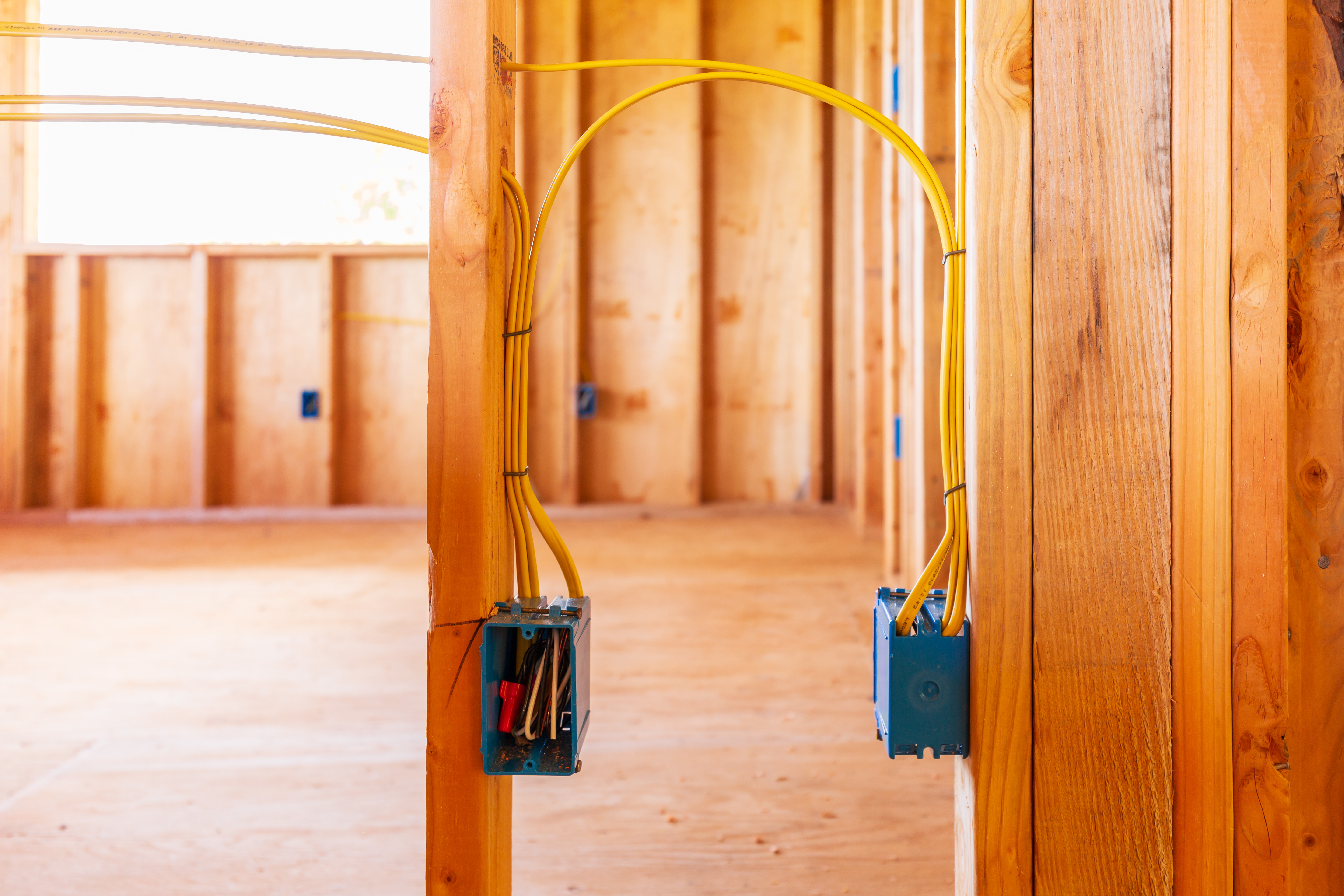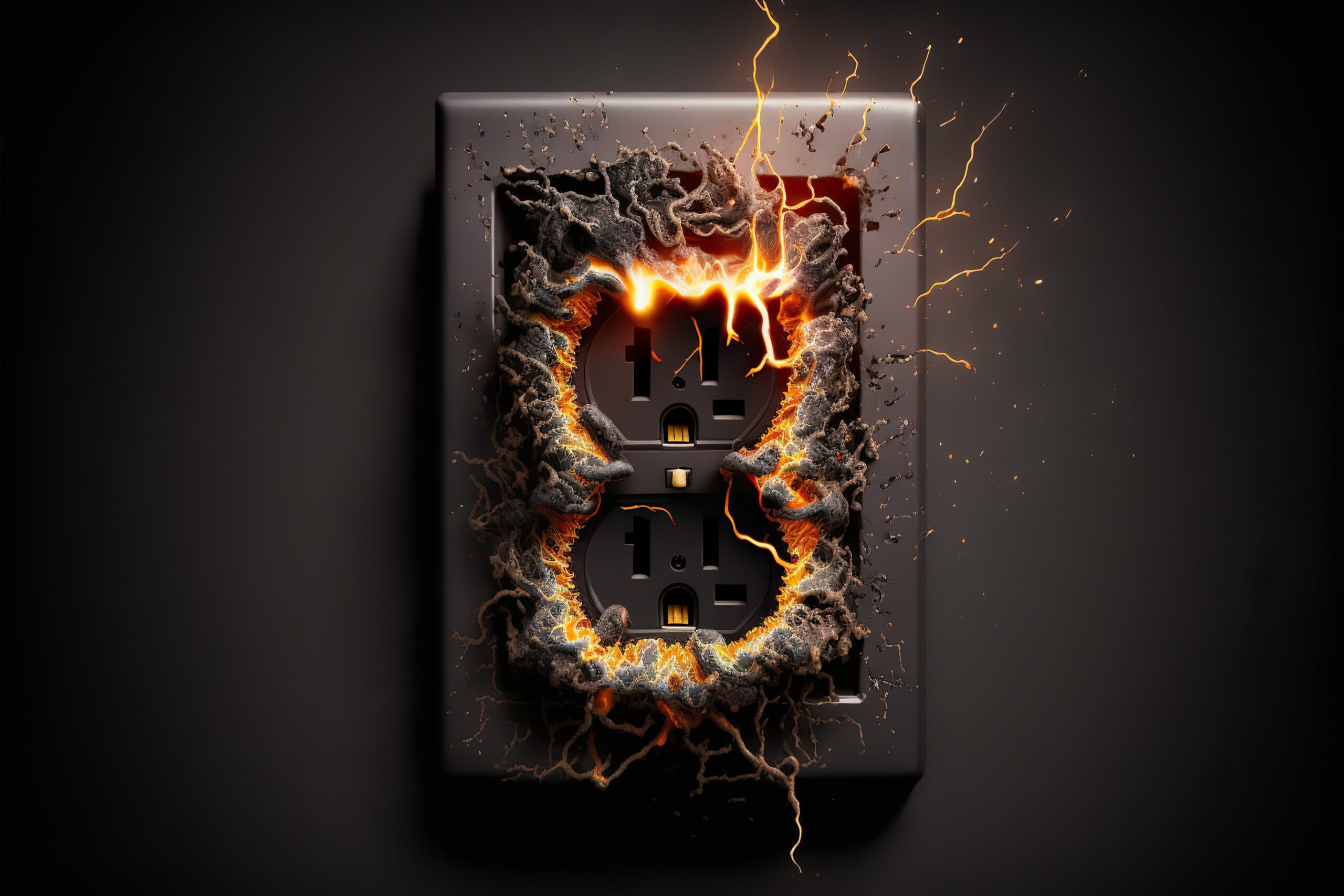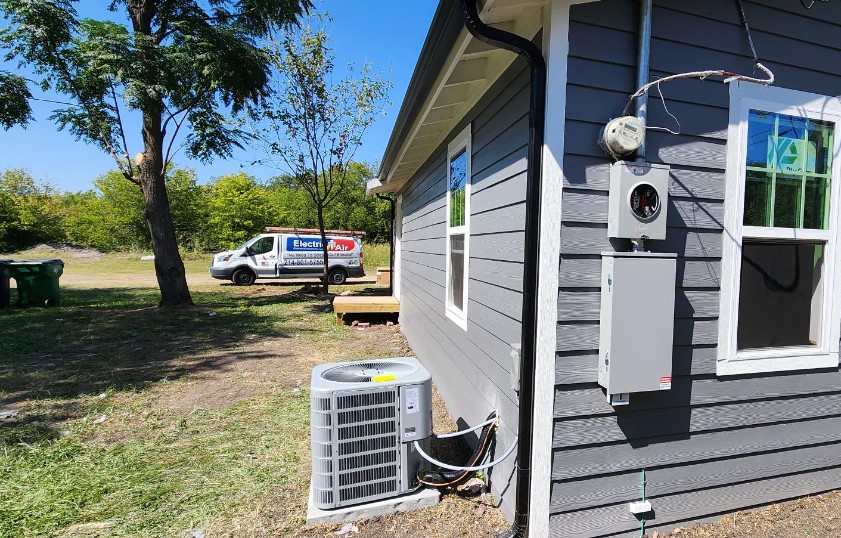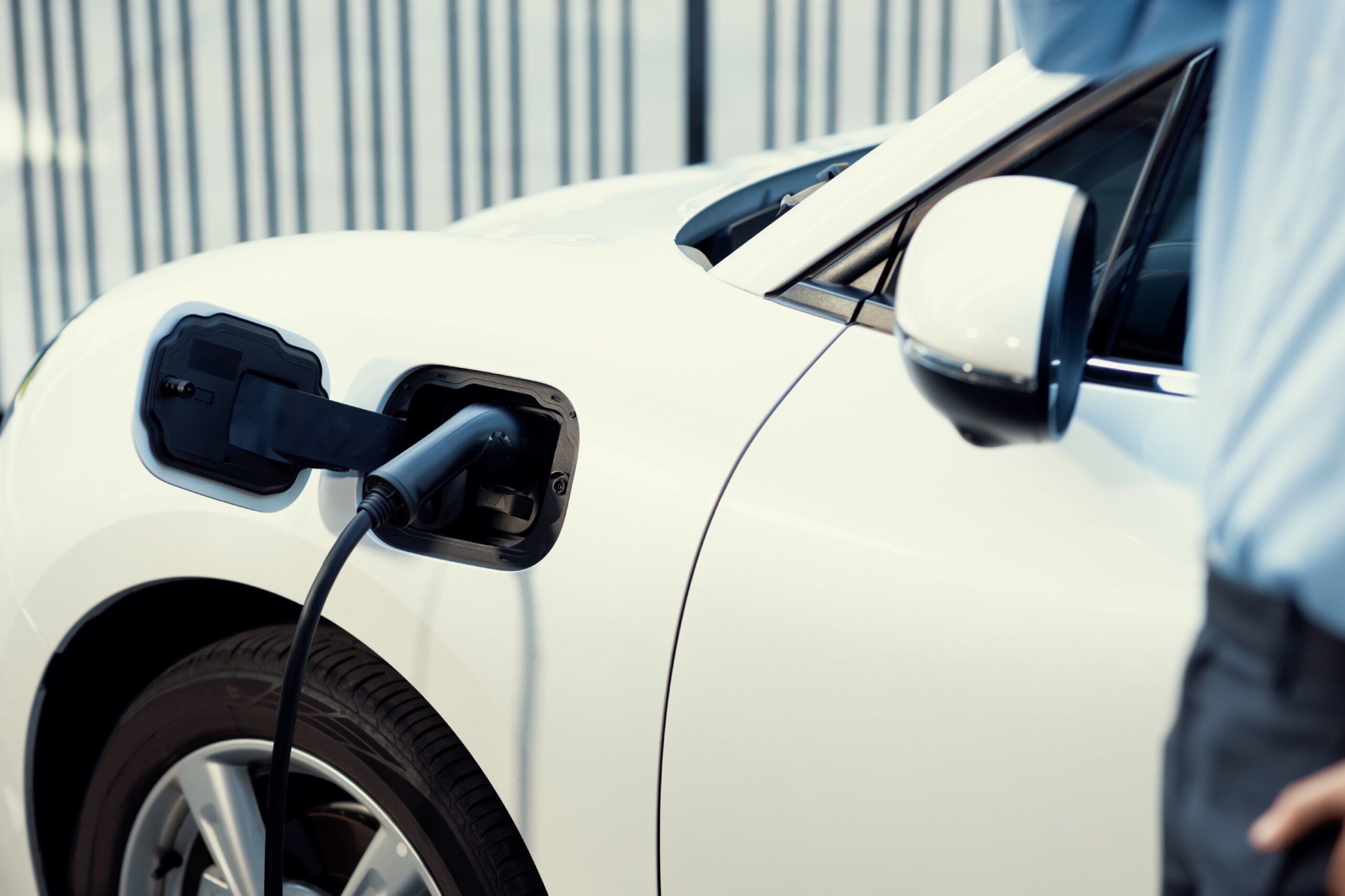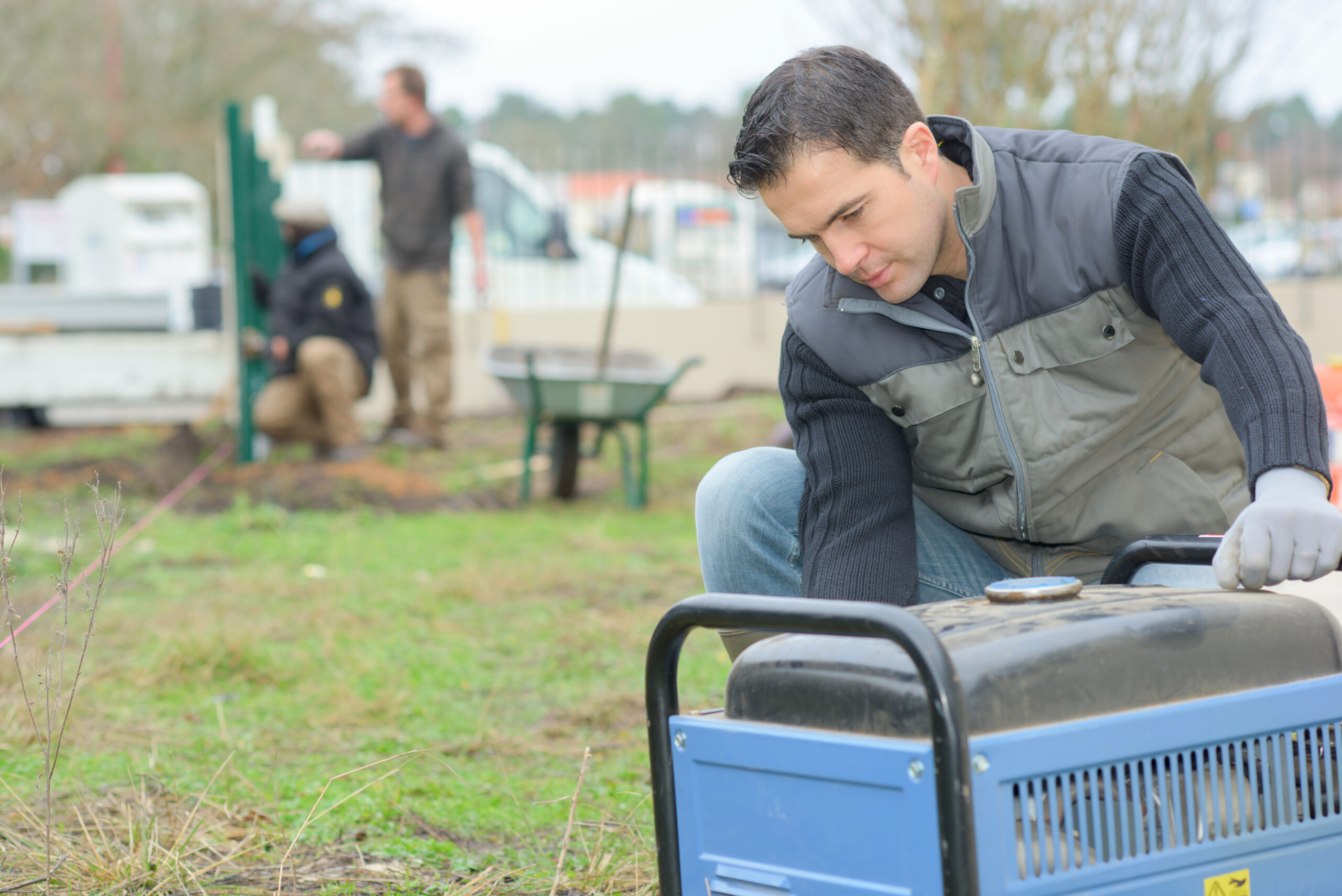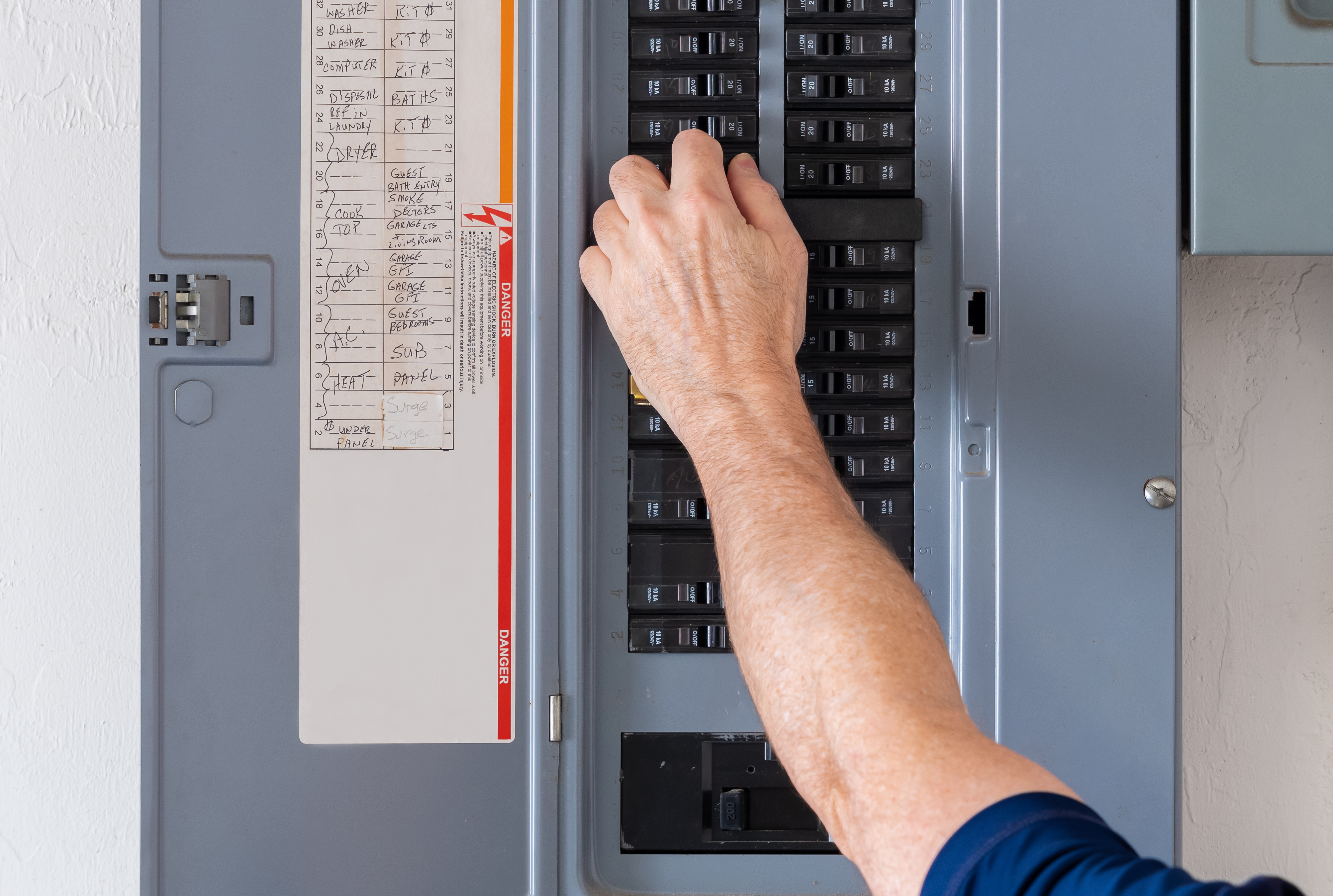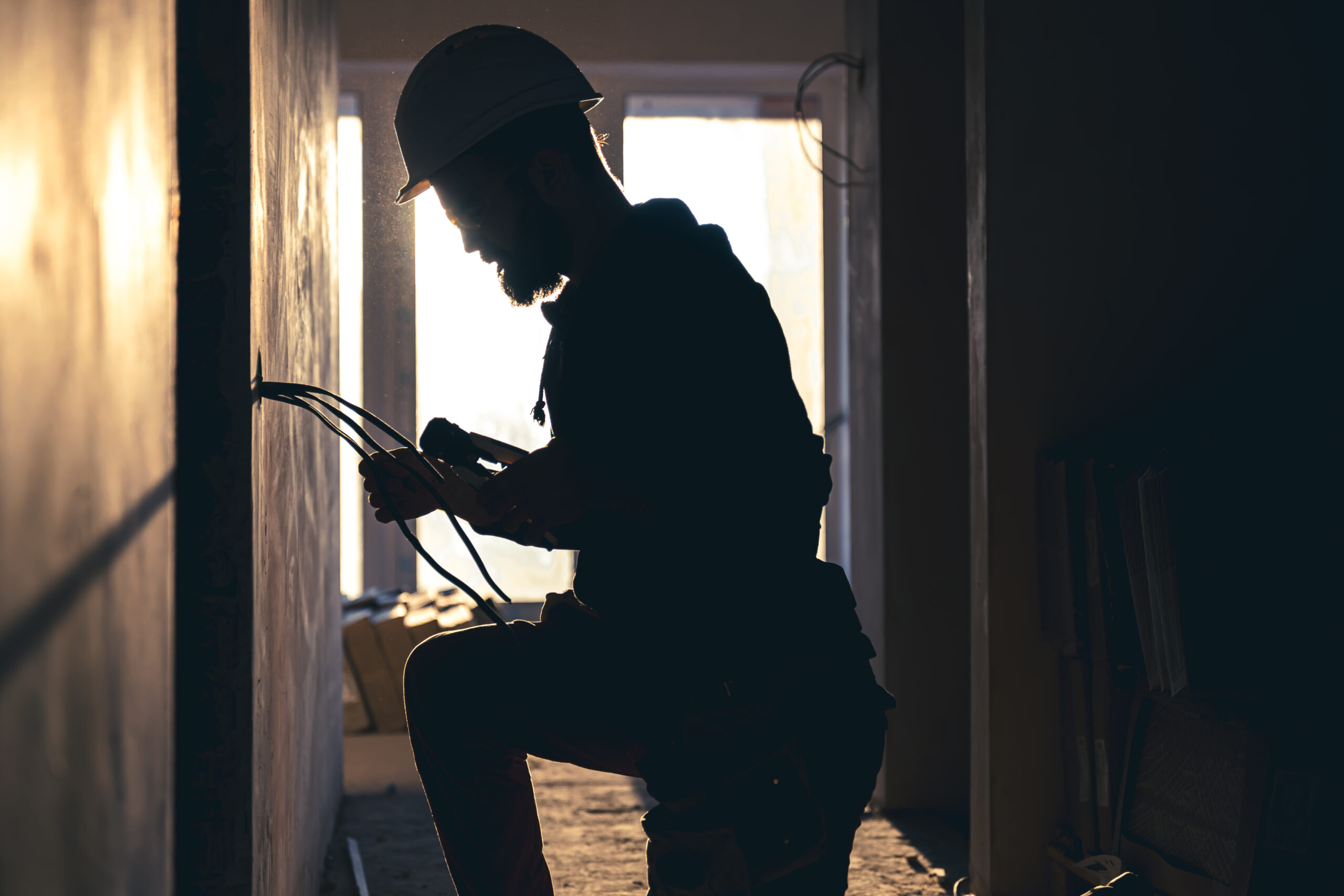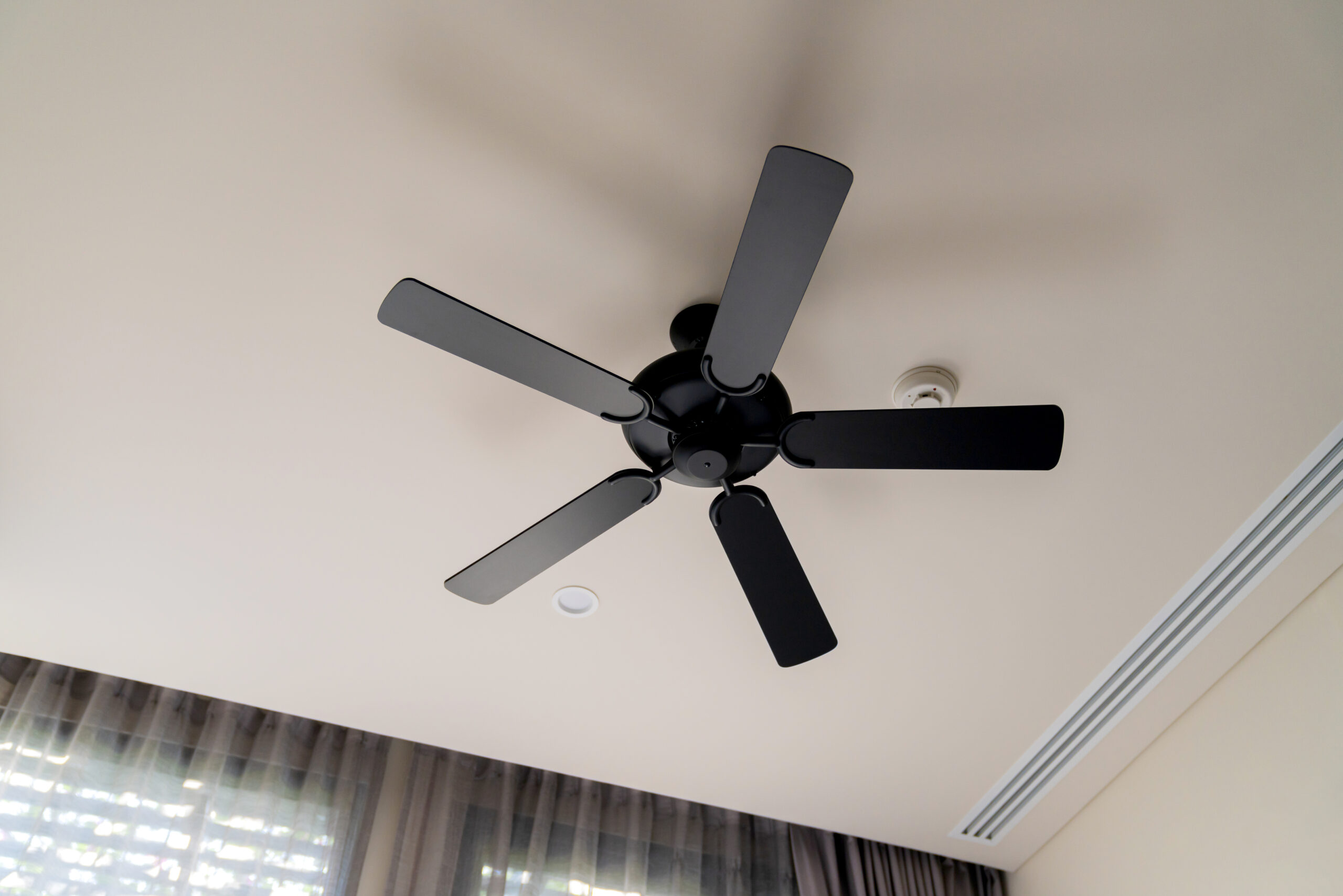Constructing a new home is an exciting journey full of decisions that shape its comfort, functionality, and safety. Among these considerations, the electrical system is paramount, as it will power every aspect of modern living within the space. Careful planning and expert guidance are essential to ensure that your new build meets current standards and anticipates future needs. For professional advice and installation services, DFW Electrician & HVAC stands as a reliable partner. Here are essential electrical tips for new builds to create a safe, efficient, and adaptable living environment.
Plan for Ample Outlets
One common regret among new homeowners is not having enough outlets. As you design your home, think about your lifestyle and where you’ll need power. Consider adding outlets in convenient locations such as kitchen islands, bathrooms, hallways, and outdoor living spaces. Also, plan for USB or smart outlets that can charge devices directly without needing bulky adapters.
Invest in Energy Efficiency
Incorporating energy-efficient solutions from the start can lead to significant savings. LED lighting, energy-efficient appliances, and programmable thermostats are just the beginning. Consider installing a home energy management system to monitor and control energy usage in real-time.. Energy-efficient designs not only reduce utility bills but also contribute to a more sustainable living environment.
Future-Proof with Smart Home Wiring
As technology evolves, so do our homes. Wiring your new build with smart home technology in mind can offer unparalleled convenience and security. Having the necessary infrastructure in place means you can easily incorporate smart technologies now or in the future, from lighting and thermostats to security systems and entertainment setups.
Ensure Adequate Lighting
Good lighting is about more than just placing fixtures in every room. It’s about creating ambiance, enhancing functionality, and ensuring safety. For a balanced and flexible lighting scheme, it’s important to combine ambient, task, and accent lighting. Don’t forget to include ample outdoor lighting for security and aesthetic appeal.
Include Surge Protection
Surge protection is often overlooked but crucial for protecting your home’s electronics from voltage spikes. It’s a good idea to install a whole-house surge protector to protect your entire electrical system from power surges. This will protect your appliances and electronics from sudden voltage spikes caused by electrical disturbances including lightning strikes and power outages. This is especially important in areas prone to lightning or where power surges are common.
Plan for EV Charging
With the growing use of electric vehicles (EVs), many people are interested in having their own EV charging station at home. Even if you don’t own an EV currently, pre-wiring your garage or driveway for an EV charger can increase your home’s value and future usability.
Consider the Location of Your Electrical Panel
The electrical panel serves as the central hub of your home’s electrical system, responsible for distributing power to all the circuits in your house. It should be easily accessible but out of the way of daily activities. Ensure it’s located in a dry, temperature-controlled area to prevent moisture damage or overheating. This also makes future upgrades or repairs more straightforward.
Work with Qualified Professionals
Perhaps the most important tip is to work with experienced and licensed electricians. Electrical work is complex and requires a thorough understanding of codes and standards. Professionals like those at DFW Electrician & HVAC can ensure that your electrical system is safely and efficiently designed and installed, providing peace of mind and compliance with local regulations.
Conclusion
Building a new home is an opportunity to tailor every aspect to your needs, including the electrical system. By planning for ample outlets, investing in energy efficiency, preparing for smart home technologies, and working with qualified professionals, you can create a safe, comfortable, and future-ready home. It’s important to remember that the decisions you make now will affect the functionality and comfort of your home for years to come. For expert assistance in making these crucial decisions, turn to the professionals at DFW Electrician & HVAC, who can guide you through the process with expertise and care.

